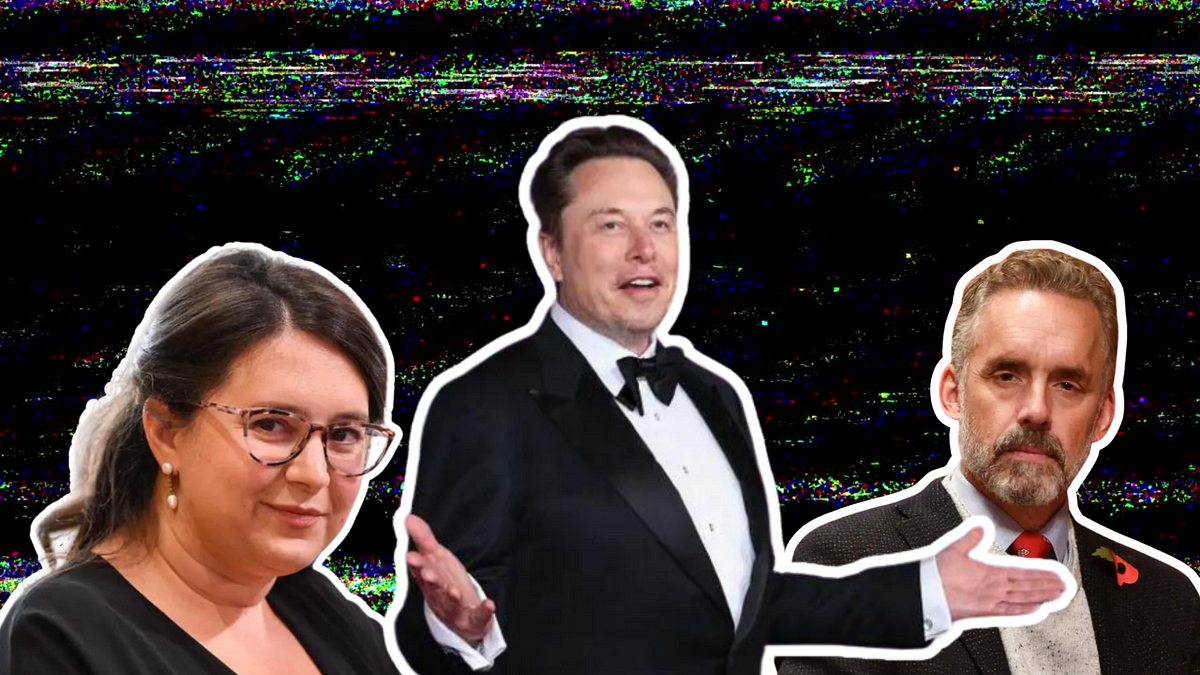The Bruised Egos of the Intellectual Narcissists

🌈 Abstract
The article discusses the phenomenon of "intellectual narcissists" - people who present themselves as revolutionary thinkers and innovators, but are actually just repackaging old ideas and concepts. It examines how these individuals, when faced with criticism, often double down and drift towards far-right politics and extremism, rather than engaging in genuine intellectual discourse.
🙋 Q&A
[01] The Self-Marketed Saviors of Thought
1. What are the key characteristics of the "intellectual glory hunters" described in the article?
- They strut onto the public stage, declaring they've discovered new ideas or concepts when they've really just repackaged existing ones
- When their claims are challenged, they don't engage in intellectual discourse, but instead double down and drift towards far-right politics and extremism
- They position themselves as brave truth-tellers and martyrs for free speech, even when faced with valid criticism
2. How does the article describe the pattern of behavior exhibited by these "intellectual narcissists"?
- They package age-old wisdom in shiny new wrappers, slapping their names on philosophical concepts older than their great-grandparents
- When the applause starts to die down and people poke holes in their "revolutionary" ideas, they dive headfirst into the mosh pit of far-right identity politics and extremism
3. What examples does the article provide of individuals exhibiting this pattern of behavior?
- Bari Weiss and her promotion of the "intellectual dark web"
- Jordan Peterson and his rise to fame through anti-transgender rhetoric
- Elon Musk and his transformation into a right-wing Twitter provocateur
[02] J.K. Rowling and the Descent into Transphobia
1. How does the article characterize J.K. Rowling's shift from beloved children's author to controversial public figure?
- Rowling initially inspired millions with her inclusive Harry Potter series, but then decided she needed to be a controversial public figure as well
- When her place in the long tradition of children's literature was highlighted, rather than her role as its inventor, Rowling took it as a personal affront and began diving into gender politics
- She emerged as a vocal critic of trans rights, using debunked theories and fear-mongering to position herself as a brave truth-teller standing up against "woke" activists
2. How does the article describe the reaction to Rowling's transphobic rhetoric?
- Fans who had grown up with her books felt betrayed, and LGBTQ+ organizations that had once praised the inclusivity of her wizarding world now found themselves condemning its creator
- Even the stars of the Harry Potter films distanced themselves from her views, but Rowling doubled down, painting herself as a martyr for free speech and ignoring the voices of countless women telling her she was harming the trans community
[03] Embracing Intellectual Humility
1. What does the article propose as the antidote to intellectual narcissism?
- Embracing a certain kind of intellectual humility, understanding that innovation rarely happens in isolation and that most "new" ideas are combinations or applications of existing concepts
- Recognizing that real progress is more often evolutionary than revolutionary, the result of collaborative efforts and cumulative knowledge rather than singular strokes of isolated genius
- Calling out the pattern of intellectual narcissism leading to extremism, and being willing to name it when we see it
2. How does the article suggest we should approach claims of intellectual innovation and progress?
- Take a step back and ask whether the idea is truly new or just the same old thing in a shiny package
- Stop giving attention to intellectual narcissists who drift towards far-right talking points, and instead focus on the ideas and thinkers who actually contribute meaningful insights to our collective understanding